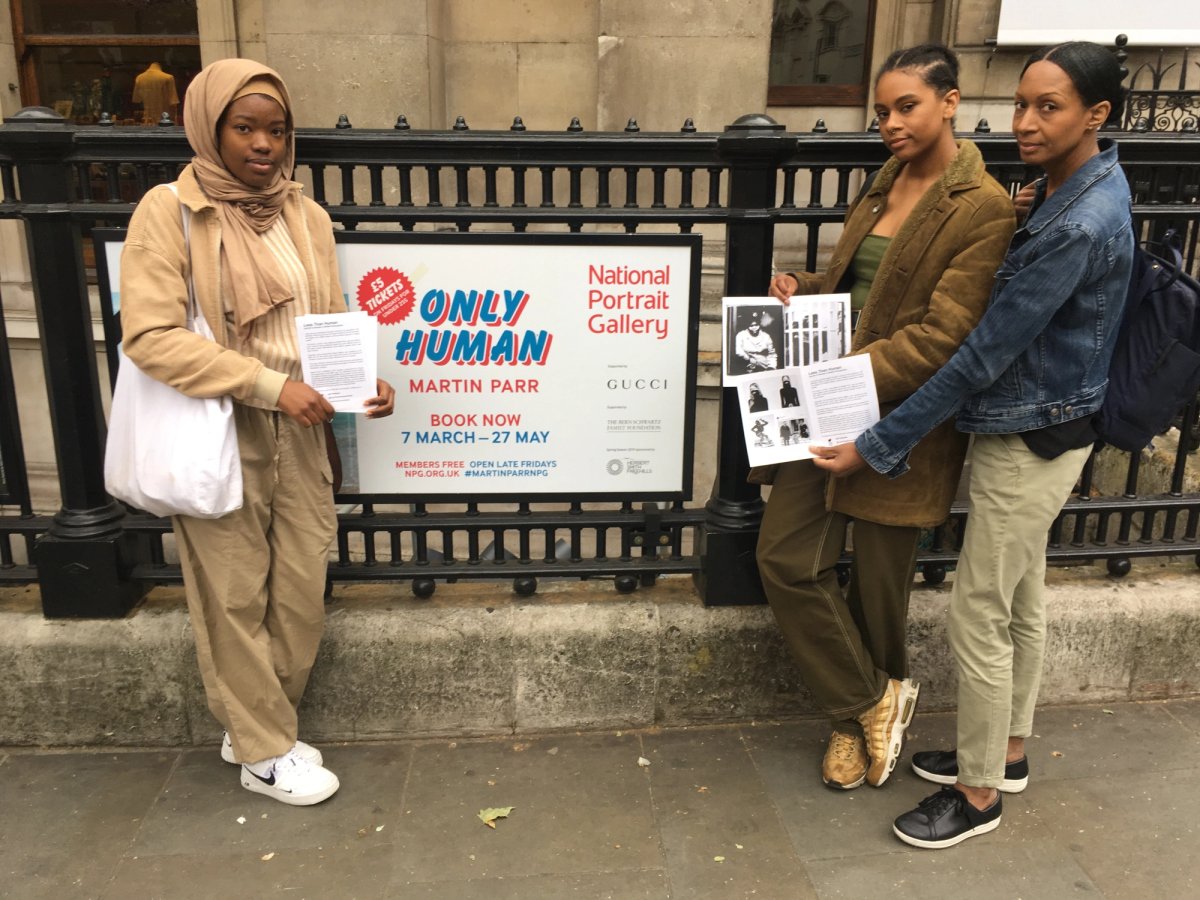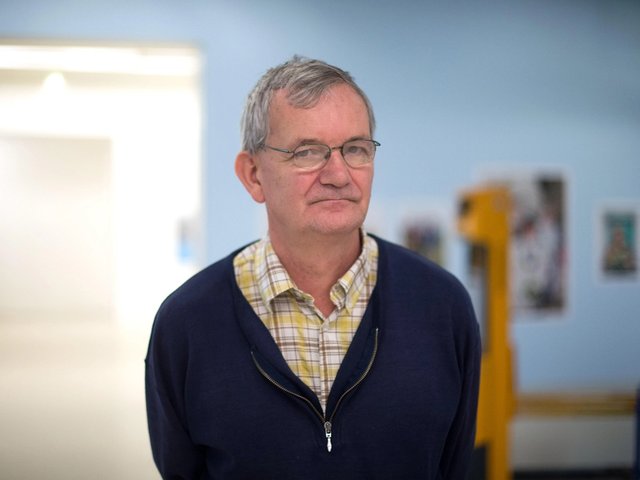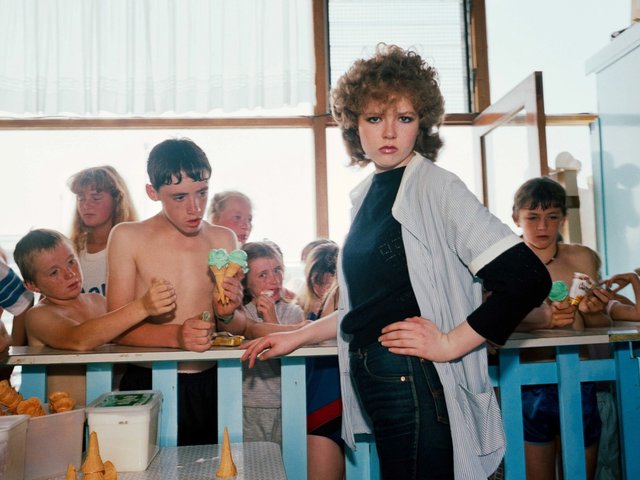An anti-racism campaign launched by a 20-year-old British student has led the prominent British photographer Martin Parr to stand down as the artistic director of the inaugural Bristol Photo Festival.
Mercedes Baptiste Halliday, from Clapham, London, who is currently studying anthropology at University College London, has driven an 18-month protest against a photography book credited as being by Parr and which he promoted for a sustained length of time. The book, Baptiste Halliday says, is “appallingly racist”.
Talking to The Art Newspaper, Baptiste Halliday says Parr is “the Charleston statue of photography”.
“He represents a generation of white, middle-aged men who do what they want without any consequences,” she says. “He is the institution, and we are only beginning to dismantle it.”
The book in question is a reissue of the 1969 series called London by the Italian photographer Gian Butturini. The reissue was published as being edited by Parr, and includes numerous problematic spreads, including a street portrait of a black woman who worked as a ticket inspector on the London Underground, published next to a picture of an imprisoned gorilla at London Zoo.
Butturini's series was published by Damiani in 2017 with ‘Edited by Martin Parr’ on its cover and spine and with a text by Parr serving as an introduction. Parr spoke about the book during a talk at Photo London in 2018, has signed numerous copies of the publication and posed with it for the Berlin book outlet Bildband’s Instagram feed.
In an email exchange, more than a year after Baptiste Halliday first lodged her protest with Parr’s Bristol-based Foundation, the photographer said he was “ashamed of my association with the book”, writing: “I must have seen the spread in question, but not logged its implication, an oversight that I deeply regret.”
In her response, which Baptiste Halliday published on her social media feeds, she said: “Considering your position as a photographer, I find it embarrassing that a racist juxtaposition was overlooked. The comparison of black women to monkeys and gorillas is a well-known racist trope, and, as someone who claims visual literacy, most reasonable people would have expected you to spot this. Furthermore, the publisher Damiani should have also noticed this. Clearly, there were failures at every level.”
In a tweet, Parr later said that claims he edited the book are “a misnomer”.
“I supplied an introduction to a facsimile edition,” he wrote. “I fully acknowledge the highlighted spread is racist and am sorry for offence [sic] caused.”
In his introduction, Parr suggested the reissue would allow the photography world "to re-examine and re-define the contribution made by Gian Butturini”.
Amidst mounting pressure from many fellow photographers, activists and curators on social media in support of Baptiste Halliday, the Bristol Photo Festival announced it “will replace the artistic director role previously held by Martin Parr”, and will seek to form a creative committee of diverse voices to run the administration of the festival over its inaugural edition.
Tracey Marshall, the director of the festival, tells The Art Newspaper: “The role of artistic director was always a temporary one. The creative committee will now replace the role of artistic director in line with the festival’s commitment to collaboration.”
The week before the announcement, it emerged that MA students from Bristol’s University of West of England photography course, who were in contact with Baptiste Halliday, cancelled an exhibition—on the day of its launch—that was due to be exhibited at Martin Parr’s foundation.
Baptiste Halliday was supported in her campaign by the photographer and filmmaker Benjamin Chesterton, a former BBC producer who now runs the Duck Rabbit production company. Chesterton says the industry's initial dismissal of the protest was “structural racism laid bare”.
Chesterton tells The Art Newspaper: “No one in power wanted to hold Martin Parr accountable for promoting a racist book, except Mercedes Baptiste Halliday and a couple of her friends. When she did protest, she was almost universally ignored.”
He adds: “It was inevitable that Bristol would not tolerate an artistic director who by his own account is visually illiterate when it comes to racism. And yet he continues to dodge responsibility for the book he resurrected.”
In a statement released today, Parr said: “I felt my continued presence as artistic director would provide an unnecessary distraction from the wonderful work being exhibited by the festival artists and that stepping back was the best course of action for everyone.”
Parr notes he has asked for the existing copies of the book to be removed from sale and destroyed, and donated the fee he received to a relevant charity.
He goes on to say: “Throughout my long career, I have supported under-represented and emerging photographers…Photography should be a place for everyone. These values matter greatly to me.”




